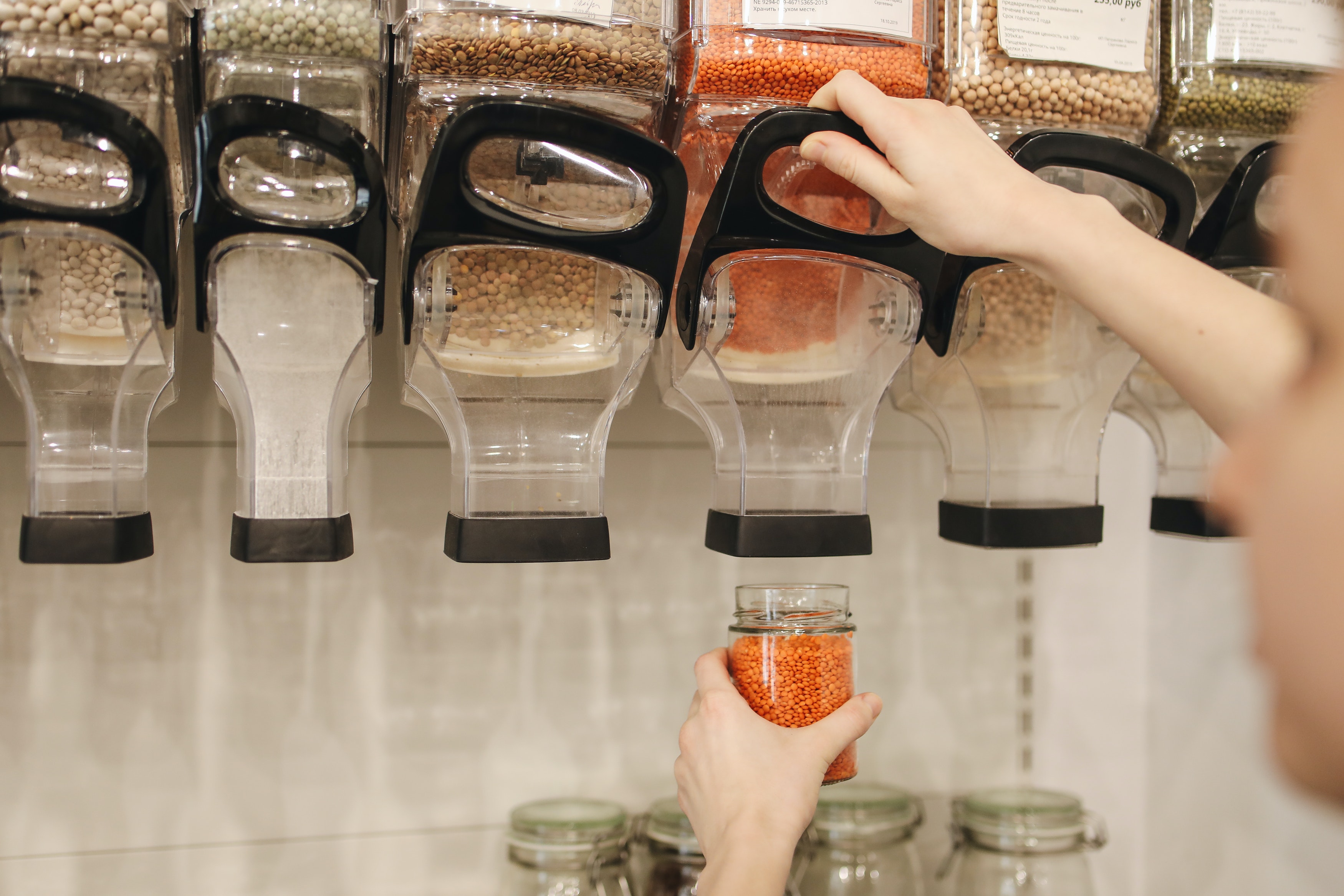2020 has ushered in significant change for retailers and consumers alike. With all but essential shops closed, shoppers and businesses have had no choice but to adapt their habits and move online.
This shift has driven both brands and their customers to rethink their buying behaviour in ways that may be positive for the environment.
With increasing pressure on supply-chains, cash-flow and logistics, larger businesses now have little choice but to opt for more sustainable production cycles.
New survey research found that the pandemic has made a third of respondents (37%) more conscious of how their online shopping habits are impacting the environment.
Although this change has been forced through the pandemic, it’s not likely to go anywhere fast. 72% of those surveyed by Live Area said they were committed to making these new shopping habits last.
Younger people have voiced the shift to more ethical consumerism for a while – Gen Z has always favoured more eco-conscious brands. But coronavirus has opened the topic up to a much wider pool of people.
In this post, we outline three of the significant changes to consumer habits that coronavirus has either accelerated or brought about. We also consider how businesses can react to changes – to mirror the wants of buyers.
Transparency
It’s arguably easier to foster transparency in face-to-face stores and interactions with customers. Yet that doesn’t mean that brands trading online shouldn’t aim to be wholly transparent with their buyers, even if their doors are closed.
Transparency extends to more than just price, too. Coronavirus has brought the infrastructure and logistics of retail products into the spotlight, meaning that supply chains are now under greater scrutiny.
The Fashion Transparency Index has made waves across the press and industry in 2020. They reviewed 250 of the world’s largest fashion retailers and e-retailers and ranked them according to how much information they disclose on their policies.
The need for transparency is pushing larger retailers to enforce ethical practices. But for small independents, this shift could be a hugely positive one.
Now could be the time for independent businesses to make public their processes, including any locally sourced or made products or waste-free procedures.
Not only does transparency foster trust between brands and consumers, but it also impacts decision making.
Live Area’s data shows that when making a purchase, over a third (35%) of consumers said the product had to be naturally sourced, locally sourced or sustainable.
Tip: If you’re a local business owner that uses ethical and local supplies, and you’ve recently started in ecommerce, mention this on your ‘About us’ page. Or, be exact in product descriptions where your items come from. It should help garner trust and demonstrate your conscious ethical practices.
A shift back to local
YouGov data revealed that two-fifths of Brits shopped locally during the first lockdown.
With supermarkets worrying about their new supply of pasta and toilet paper, smaller independent shops were a reliable source of amenities for local communities.
Additionally, Paymentsense asked consumers if their attitudes to local businesses had shifted during this time.
Over half (58%) of people said that the lockdown has made them more conscious of how challenging it is to run an independent business. This new-found realisation means that 53% of those consumers want to continue to support local businesses post-pandemic.
While the environment may not have been the core reason for this shift back to local, it’s undoubtedly something now on people’s radar. Not being able to access goods such as flour has no doubt made people question where their food is coming from and how it gets to their supermarket.
Tip: As well as making public where local products are from, consider how you can reduce the waste that occurs when handing the product over to the customer. This could be with recyclable paper bags or using reward schemes for customers that bring their cotton bags or refillable jars.

Community and loyalty
In a recent webinar for ITV news, Mary Portas outlined why some retail brands had thrived throughout the pandemic, and others had fallen by the wayside. She claims that consumers are less looking for clothing or products that represent their wealth status, and more their status as being ‘part of a gang or specific culture’.
One of these cultures, or cliques, is the environmentally-conscious one. Mary Portas went on to explain that some demographics feel embarrassed by their single-plastic usage and fast-fashion choices. There is pride that comes with being an ethical consumer.
Those brands that were able to create a sense of community among their customers were the ones that maintained a loyal customer base. They even kept a steadier flow of trading, even when customers were more frugal with their disposable income.
So what turns customers into a community? Well, it often helps to have a strong tie that brings all of your customers together. Something that ignites their shared passions and translates into where they shop.
Rapha, Gymshark, Lululemon and Patagonia have done a great job at galvanising brand communities around their products, through the love of the respective sports they represent.
It’s easier to create a community around a hobby, but communities aren’t exclusive to recreational activities. Brands like Lush, Mother of Pearl and Tala have armies of loyal fans because they’re ethical, sustainable and transparent.
With the economy in a more precarious position than ever, people are making conscious purchasing decisions, both financially and ethically, and they want to shout about it. And it’s brands that can create lifestyle aspirations and impacts, rather than disposable or fleeting gimmicks, that will endure.
Tip: Think about how you can market your company as more than just the products it sells. What is it that you bring to the community and how is this worth the investment and commitment from consumers.

For more business insights head back to our blog, or if you're a merchant, why not check out our Dojo card machines – and revolutionise your payments process.
